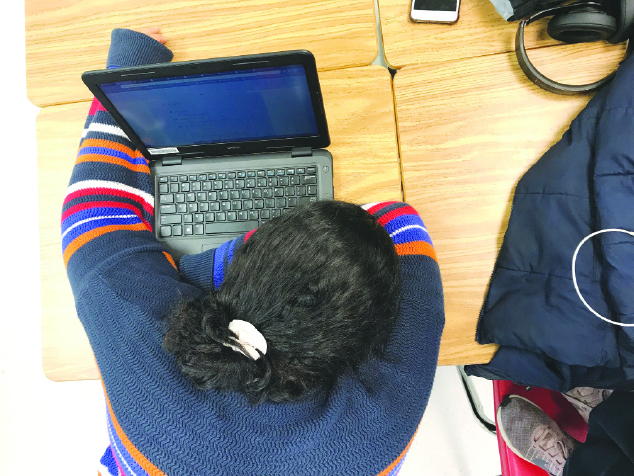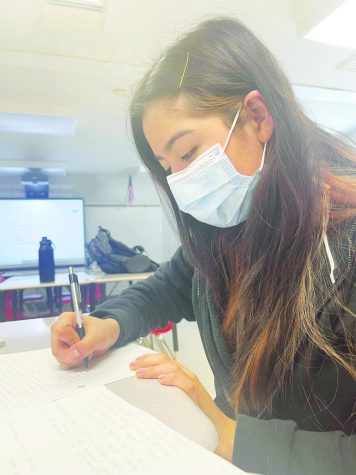Should students take mental health days?
According to the Centers for Disease Control, mental health issues have been increasing more and more every year amongst young people.
As reported in 2018, 7.1 percent of school aged children have been diagnosed with anxiety, while 3.2 percent have been diagnosed with depression.
In 2019, another CDC report noted that 70 percent of teenagers see symptoms of both illnesses in their peers and themselves, too.
These rates are the highest they have ever been since the CDC began recording these statistics.
It is predicted that the numbers are even higher for children who have not been diagnosed yet.
In order to tackle this issue, many districts around the country have begun allowing students to take days off of school in order to deal with their mental health.
Counties in Oregon and Utah started implementation of these laws, while states like California and Florida are still working on these legislations.
In Virginia, Montgomery County, which includes Blacksburg, lobbied their local school board to allow them to take mental health days as well.
The vote went through and now students have the opportunity to take days off when they and their parents feel like they are mentally unwell.
The number of absences allowed range from one day per semester to an unlimited number. FCPS offers one mental health day per year.
The basis behind these rulings and opinions is that there should be no stigma around mental health issues, which should be treated the same as physical illnesses.
Using this logic, proponents of these changes argue that if students are able to take a sick day for something like the flu, then they should have the same opportunity if they are battling things like depression and anxiety.
“If someone were to break their leg or start vomiting, no one would force them to go to school,” senior Safia Ahmed said. “So I don’t understand why people who are suffering through something like anxiety are not being given the same leniency and time to recover.”
This argument is valid especially when it is considered that most of the time, the root cause that makes young students feel so overwhelmed is school itself.
Students have hours of homework at a time and could possibly be facing bullying.
Adding these stressors to those that come from things like difficulties at home only worsens a student’s mental state.
“Going to school and having to deal with more pressures will just make things worse,” Ahmed said.
However, several concerns can be raised regarding these legislations.
Some who do not totally agree with allowing mental health days argue that some students may take advantage of this opportunity in a negative manner.
Specifically, they claim that there may be students who use mental health days to just slack off and skip class.
To resolve this, some say that this freedom should be limited. Some say to a certain age group, and some say it should only be permitted if a student has a doctor’s note.
“I think that if mental health days were to exist, they should only be for high schoolers,” senior Anoosh Tauqir said.
“I don’t want to say that younger students don’t deal with issues, but they sometimes conflate things, and need to use that time to figure out how to deal with issues.”
Regardless of the differing opinions on the topic, it should be something that is discussed within all school districts to determine its value and how it could help or hurt students.

Senior Suad Mohamed is currently the Co-Editor in Chief and this is her fourth year on staff. Last year, she was the In-Depth Editor. Besides The A-Blast,...











